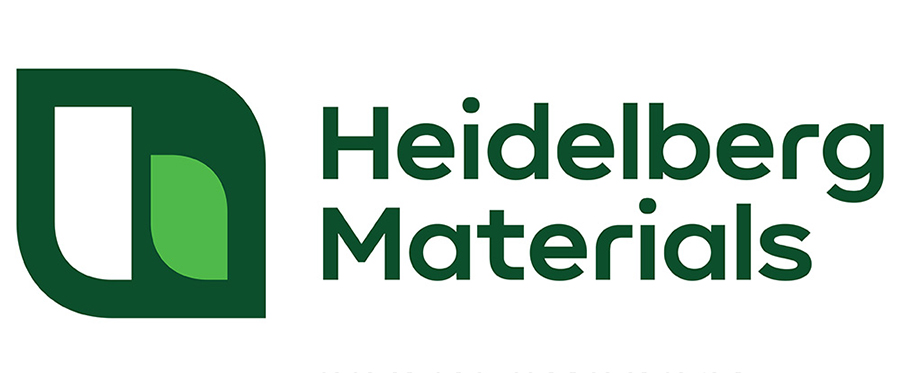Heidelberg Materials North America is pleased to announce it has finalized award negotiations with the U.S. Department of Energy’s (DOE) Office of Clean Energy Demonstrations (OCED). Following negotiations, OCED awarded the Mitchell Cement Plant Decarbonization Project as part of its Industrial Demonstrations Program (IDP) with $300,000 to begin Phase 1 of the project. The total OCED cost share is up to $500 million, and the initiation of Phase 1 is the first step of a multi-phased integrated project demonstration that is intended to ultimately result in the construction and operation of full-scale carbon capture, transport, and storage at the company’s new state-of-the-art cement plant in Mitchell, Indiana. The funding builds on prior awards from the DOE toward successfully completing the Front-End Engineering and Design (FEED) work necessary to verify the project’s technical feasibility.
Participating in substantial cost share that will leverage up to $500 million in DOE project funding, Heidelberg Materials’ award is part of OCED’s Industrial Demonstrations Program providing up to $6 billion in funding to demonstrate commercial-scale decarbonization solutions needed to move energy-intensive industries toward net-zero across the U.S. The Mitchell project is one of 33 projects selected across 20 states earlier this Spring.
The new Mitchell cement plant, which now produces more than triple its previous capacity, incorporates features to minimize energy consumption and enable the use of alternative fuels and raw materials to reduce greenhouse gas emissions. The proposed project for this funding award will capture, treat and prepare for storage or use, approximately 2 million metric tons of CO2 each year from the cement plant.
“This critical milestone of bringing our project under award with the U.S. Department of Energy is a significant step in building the first full-scale application of carbon capture and storage for the cement industry in the U.S.,” said Chris Ward, President and CEO of Heidelberg Materials North America.
“We are making a substantial investment to lean in and lead on the deployment of full-scale CCUS in our industry, and the success of this project will play a meaningful role toward decarbonization of the cement sector across the U.S. and beyond,” continued Ward.
Heidelberg Materials is committed to leading the cement industry in developing viable carbon capture projects, which are essential to achieving the company’s ambitious sustainability goals.


